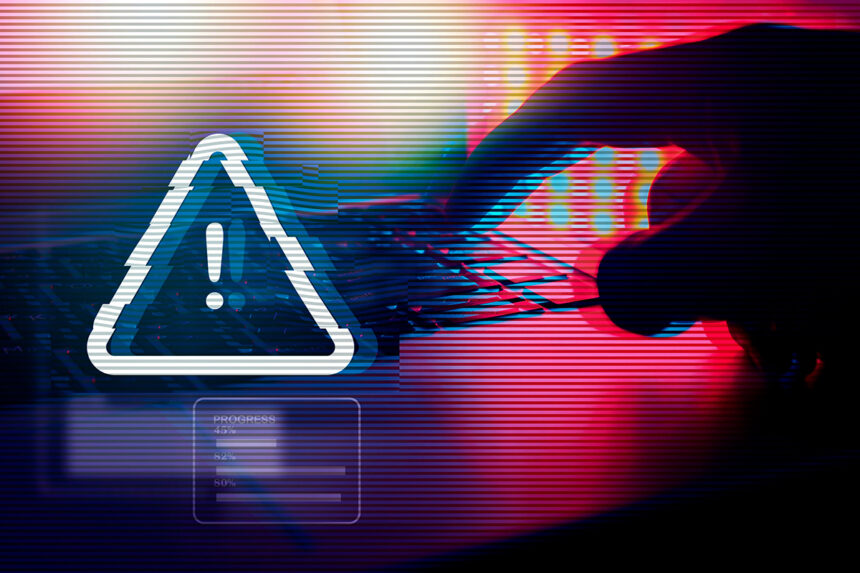A mastercard investigation into the risks of cybersecurity faced by SME said that the 46 percent surveyed worldwide have experienced at least one cyber attack since its inception, with that number increasing to 47 percent for the EAU.
The study was conducted in five countries and included more than 5,000 owners of small and medium enterprises. In the EAU, more than 1,000 companies were part of the sample.
The survey found that SMEs are feeling the pressure in an era of constantly evolving cyber threats that have the potential to cause significantly organizational damage and emotional tension. These companies realize the urgent need to stay at the forefront of evolving cyber threats and are actively looking for partners and solutions to close knowledge gaps and strengthen their defenses.
Piracy and malware are jointly classified as the most common forms of attack suffered by small businesses with 32 percent each, with phishing a second close to 31 percent.
Eau Pyme Face Cyberatacks
In line with global trends, malware was the most frequent form of attack on EAU companies to 32 percent, closely followed by digital skim, pirateo, phishing and ransomware, with 31 percent each. The EAU is the only country that participates in the research that has a digital skimpiece among the main threats.
The seventy -seven percent of the EAU SMEs who experienced a cyber attack had to invest time in the reconstruction of trust with customers and partners, while a quarter had to declare in bankruptcy. Almost 19 percent had to close their business.
Eau respondents said that effective cyber security is critical for 78 percent of them, and 57 percent considered it a priority for the budget of their business.
Worldwide, 80 percent of SMEs who experienced a cyber attack had to spend time by rebuilding confidence with customers and partners after the event, and almost one in five has to declare in bankruptcy (18 percent) or close their business (17 percent).
Gina Petersen-Kyrme, SVP, country manager, EAU and Oman, Mastercard, said: “SMEs are the backbone of the economy, but their size often makes them more vulnerable to cyber attacks. The proliferation of digital interactions has.
“The impact of intrusion can be weakening for the productivity and reputation of small businesses and cause significant financial tension. By associating with reliable cybersecurity experts and implementing effective solutions, such as those offered by Mastercard, SMEs.” “
MASTERCARD TOOLS AND SOLUTIONS
As part of their commitment to help SMEs obtain the benefits of the digital economy, Mastercard ensures each transaction using the power of productive associations and advanced technology.
MasterCard Trust Center helps business owners defend their assets and reputation through online access to research, education, resources and reliable cyber security tools.
The recently launch of the Mastercard Business Builder program sacrifices the debit and credit cards for creators and SMEs, promoted by business degree security technology by the cyber security partner of the Cyvatar company. In addition, it opens access to a complete suite to cybernetic tools and resources, including the solution of small companies recently introduced from Mastercard.
Through the new collaboration with Vikingcloud, Mastercard brings cyber security and security remediation capabilities to millions of small businesses worldwide. The company extends the protection of courtesy identification to SME card holders, providing monitoring, alert and resolution services. Other innovative solutions include my cyber risk, driven by Mastercard Riskrecon, a vulnerabilities scanner that allows small businesses to identify, prioritize and act on cybersecurity threats for their websites or applications.
The company also works to make cyber security accessible and understandable for SMEs through ISS associations with the global cyber alliance (GCA) and Cyber Readiness Institute (CRI).







